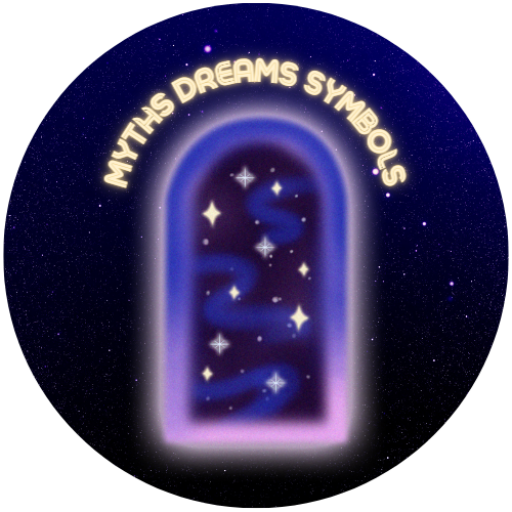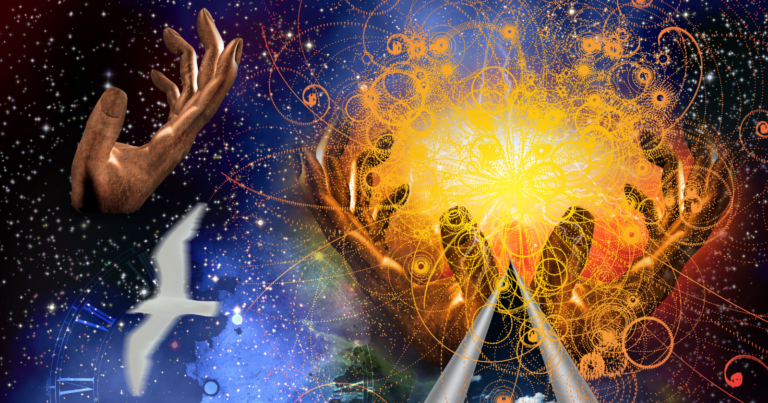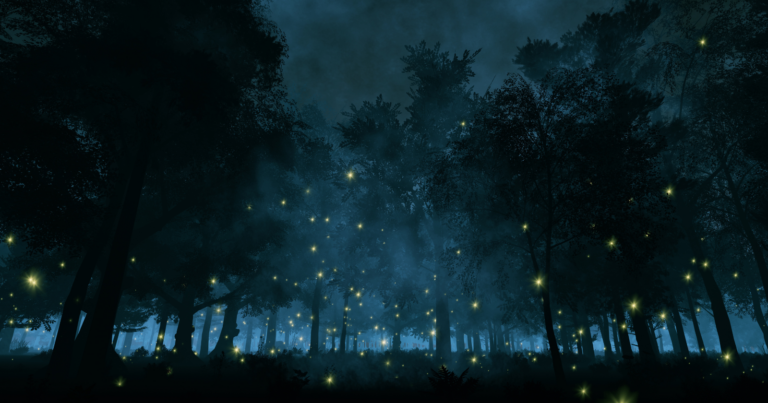In the labyrinth of the human psyche, dreams serve as a bridge between the conscious and the unconscious, revealing desires, fears, and conflicts that dwell beneath the surface of our awareness.
Among the myriad themes that dreams explore, sex stands out as one of the most potent and provocative, offering a rich terrain for understanding the self.
Carl Jung, a pioneering psychologist whose work on the unconscious has profoundly influenced the study of dreams, approached the subject of sex in dreams with a depth of insight that illuminates the symbolic nature of these experiences.
The Symbolic Language of Dreams
For Jung, every element in a dream, including sexual imagery or encounters, is symbolic and should be interpreted as part of the dreamer’s inner world.
Sex in dreams, therefore, is not merely a reflection of physical desire but a complex symbol that can represent the union of opposites, the merging of different aspects of the dreamer’s personality, or the desire for completeness and wholeness.
These dreams might symbolize the integration of qualities that are typically associated with the masculine and feminine, what Jung referred to as the anima and animus, within one’s own psyche.
Anima and Animus: The Inner Counterparts
Jung introduced the concepts of the anima and animus to describe the inner feminine side of a man and the inner masculine side of a woman, respectively.
Sex in dreams can often be an expression of the interaction between the conscious personality and these inner counterparts. For example, a man dreaming of an encounter with a mysterious woman might be engaging with his anima, exploring the feminine aspects of his personality, such as emotionality and intuition.
Similarly, a woman might dream of a man as a representation of her animus, reflecting qualities like assertiveness and rationality.
The Quest for Wholeness
At the heart of Jung’s interpretation of sex in dreams is the quest for wholeness, a central theme in his theory of individuation.
This process involves recognizing and integrating the various parts of the self, leading to a more balanced and unified personality. Sex in dreams can symbolize this inner union, pointing to the dreamer’s journey toward achieving a deeper sense of self-unity and completeness.
Beyond the Literal: Exploring the Depths
Jung cautioned against a literal interpretation of dream symbols, encouraging a deeper exploration of their meanings. When sex appears in dreams, it invites the dreamer to consider what aspects of their personality or life experience are seeking expression or integration.
This symbolic approach allows for a richer and more nuanced understanding of one’s dreams and, by extension, one’s self.
Embracing the Mystery
Dreams, with their complex symbols and narratives, are a gateway to the unconscious, offering insights and revelations that can lead to personal growth and transformation.
The exploration of sex in dreams, through the lens of Carl Jung’s psychology, underscores the profound connection between our deepest desires and our quest for self-understanding and wholeness.
In conclusion, sex in dreams is a multifaceted symbol that, when viewed through the analytical perspective of Carl Jung, can reveal the intricate dance between the conscious and unconscious aspects of our psyche.
These dreams invite us to explore the depths of our being, encouraging us to embrace the mystery and complexity of our inner worlds. Through this journey of self-discovery, we can move closer to the realization of our full potential, guided by the timeless wisdom of myths, dreams, and symbols.







